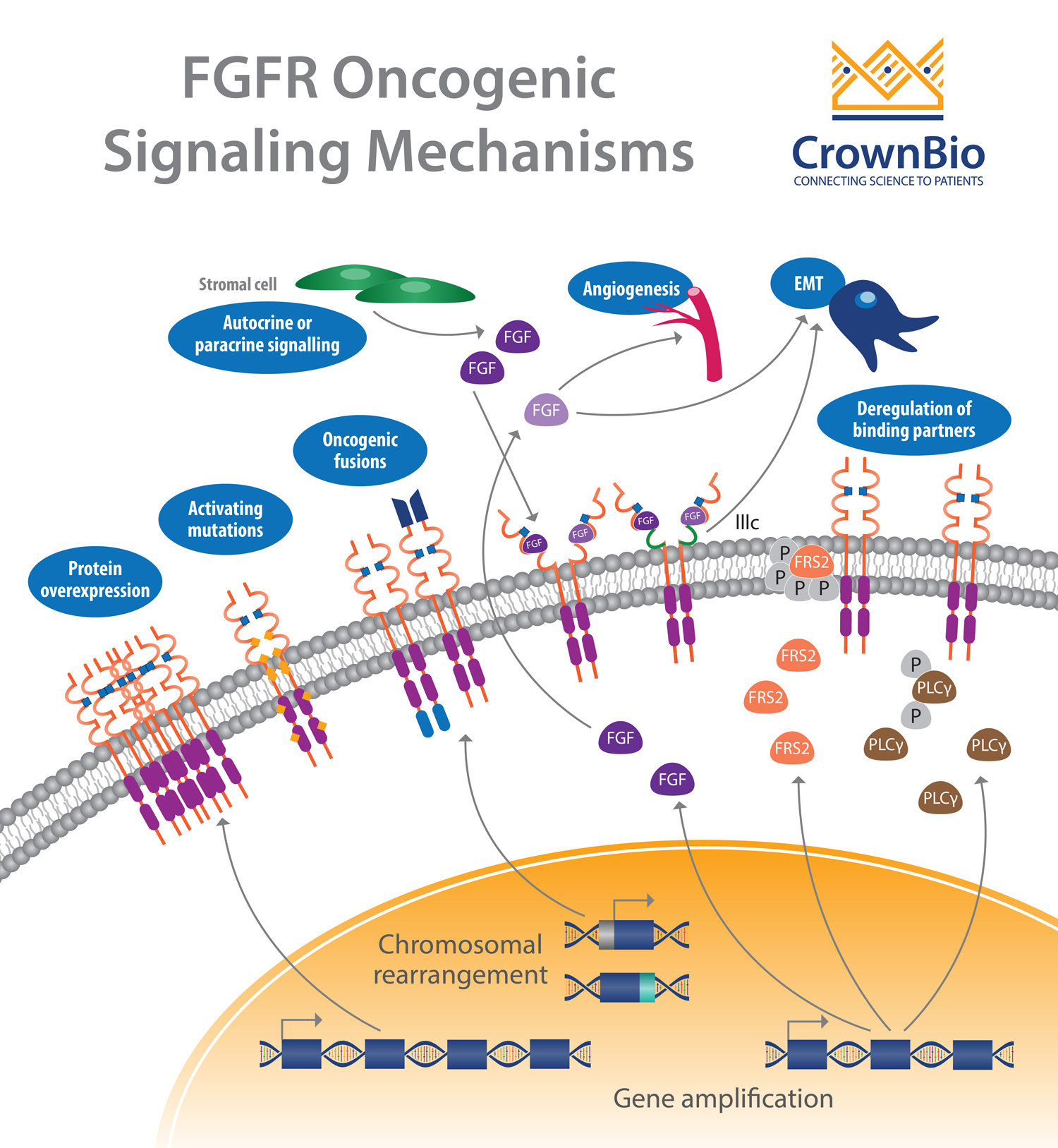FGF Brands Baked Goods Listeria Recall: What You Need To Know Now
When news breaks about a food recall, especially one involving something as serious as Listeria, it really gets your attention, doesn't it? For many, the name "FGF" might bring to mind various things. Perhaps you're someone who remembers the lively discussions on the Fighting Gamecocks Forum, a place that, for some, was an early introduction to spending a lot of time on the internet, like for folks who recall names such as "Black Flag" or "Lowcountry Cock." Trooper Del, a truly memorable figure and founder of that very forum, lived a full life, and that community was a big part of it. However, this conversation, as a matter of fact, is about something quite different, yet equally important for public well-being.
We're talking today about a very specific concern: the FGF Brands baked goods listeria recall. This isn't about online communities or sports discussions, but rather about the safety of the food items we bring into our homes, which is, you know, pretty vital. It's a reminder that even everyday treats can sometimes carry hidden risks, so paying close attention to these announcements is truly important for everyone.
So, if you've recently bought baked goods and you're wondering if your kitchen might hold a potential risk, this information is for you. We'll go over what Listeria is, why these recalls happen, and most importantly, what steps you can take to protect yourself and your loved ones. It’s almost a routine check for modern living, really.
Table of Contents
- Understanding Listeria and Its Dangers
- The Recall Process and Why It Matters
- Staying Safe and Informed
- Frequently Asked Questions About Listeria and Recalls
- Final Thoughts on Food Safety
Understanding Listeria and Its Dangers
When we talk about food safety, one name that sometimes pops up, and not in a good way, is Listeria. It’s a bacteria that, in a way, can be quite sneaky. Knowing a little about it can really help you understand why recalls, like the FGF Brands baked goods listeria recall, are taken so seriously by health authorities and companies alike.
What is Listeria Monocytogenes?
Listeria monocytogenes is a type of germ that can cause a serious infection called listeriosis. Unlike many other foodborne bacteria, this particular germ has a tendency to thrive in cooler temperatures, which means it can actually grow in refrigerated foods. That's why it's a bit of a concern for things like deli meats, soft cheeses, and yes, sometimes even baked goods, if they've been cross-contaminated somewhere along the line. It's really quite persistent, you know?
Who is Most at Risk?
While anyone can get sick from Listeria, some groups are much more vulnerable to severe illness. These include older adults, pregnant individuals, newborns, and people with weakened immune systems. For these groups, a Listeria infection can lead to very serious health problems, even life-threatening ones. It's a significant concern for public health, and that's why, in fact, swift action on recalls is so important.
Common Symptoms to Watch For
Symptoms of listeriosis can vary, but they often include fever, muscle aches, headache, stiff neck, confusion, loss of balance, and sometimes even convulsions. For pregnant individuals, the symptoms might be mild, almost like a flu, but the infection can lead to miscarriage, stillbirth, or serious illness in the newborn. Symptoms can appear anywhere from a few days to several weeks after eating contaminated food, which makes it a little tricky to pinpoint sometimes. If you suspect you or someone you know might have listeriosis, getting medical help quickly is, you know, absolutely essential.
The Recall Process and Why It Matters
A food recall, like the FGF Brands baked goods listeria recall, is basically a company's way of saying, "Hold on, there might be a problem with this product." It's a critical safety measure, and understanding how it works can help you react appropriately if it ever affects something you’ve purchased. It’s actually a really important system, you know.
Why Do Food Recalls Happen?
Recalls happen for a variety of reasons, but they all boil down to a product being unsafe for consumption. This could be due to contamination by bacteria like Listeria, Salmonella, or E. coli. Sometimes, it's because of undeclared allergens, like peanuts or milk, that could cause severe reactions for people with sensitivities. Other times, it's about foreign materials found in food, like pieces of plastic or metal. The goal of a recall is simply to get potentially harmful products off store shelves and out of people's homes as quickly as possible. It's about keeping everyone safe, essentially.
FGF Brands and the Current Situation
Regarding the FGF Brands baked goods listeria recall, the company, working with health authorities, has issued this alert to inform the public about a potential issue with some of its baked goods. While specific details about the affected products, such as batch numbers or expiration dates, are usually provided in the official recall notice, the core message is clear: there's a concern about Listeria contamination. It’s always best to check the official announcements for the most precise information, because, you know, those details really matter. You can learn more about food safety guidelines on our site, which might be helpful.
What to Do if You Have Recalled Baked Goods
If you discover that you have purchased any of the items mentioned in the FGF Brands baked goods listeria recall, the very first thing you should do is not eat them. It’s really important to avoid consuming the product, even if it looks and smells perfectly fine. Listeria doesn't always change the appearance or smell of food, so you can't rely on your senses alone. You should either throw the product away in a sealed bag to prevent others from getting to it, or return it to the place of purchase for a refund. Make sure to clean any surfaces the product might have touched, like countertops or refrigerator shelves, with hot, soapy water. This helps prevent any potential spread of the bacteria. It’s a simple but very important step, in fact.
Staying Safe and Informed
Staying on top of food safety news, especially concerning recalls, is a smart habit to develop. It's a bit like keeping an eye on the weather; you just want to be prepared. Knowing where to look for reliable information can make all the difference when something like the FGF Brands baked goods listeria recall happens.
How to Check for Recall Updates
The best places to find accurate and up-to-date information on food recalls are official government websites. In the United States, the Food and Drug Administration (FDA) and the Centers for Disease Control and Prevention (CDC) regularly post recall notices. You can also check the company's official website, as they will typically publish the recall information there as well. Setting up email alerts from these agencies is also a really good idea, as it means you’ll get notified as soon as new recalls are announced. It’s a simple way to stay informed, you know.
General Food Safety Practices
Beyond checking for recalls, practicing good general food safety habits in your kitchen is always a good idea. This includes washing your hands frequently, especially before and after handling food. You should also keep raw meats separate from ready-to-eat foods to avoid cross-contamination. Cooking foods to the correct internal temperatures kills harmful bacteria, and chilling perishable foods promptly helps prevent bacterial growth. It’s basically the foundational stuff of keeping a safe kitchen, and it really helps prevent issues, like, you know, potential listeria concerns.
Frequently Asked Questions About Listeria and Recalls
It's natural to have questions when a food recall, especially one involving something as serious as Listeria, comes to light. Here are some common questions people often ask, which, you know, might help clarify things for you.
Q1: How quickly do Listeria symptoms appear after eating contaminated food?
A: Listeria symptoms can actually show up anywhere from a few days to several weeks after you’ve eaten contaminated food. This wide window can make it a little tricky to connect symptoms directly to a specific meal, but it's important to keep in mind, you know, that delay.
Q2: Can cooking kill Listeria in food?
A: Yes, cooking food to the correct internal temperature can kill Listeria bacteria. However, with a recall like the FGF Brands baked goods listeria recall, it's still best to just throw the product away or return it. The risk of cross-contamination in your kitchen before cooking, or the possibility that some parts might not reach a safe temperature, means it's simply not worth the chance. It's really better to be safe than sorry, apparently.
Q3: What should I do if I think I've eaten recalled food but don't have symptoms?
A: If you’ve eaten food from the FGF Brands baked goods listeria recall but don't feel sick, you generally don't need to do anything immediately. However, you should monitor yourself for symptoms for the next few weeks. If you belong to a high-risk group (like being pregnant or having a weakened immune system), or if you develop any symptoms, it’s a good idea to contact your doctor and mention that you consumed recalled food. They can advise you on what steps to take next, which, you know, is really important for your peace of mind.
Final Thoughts on Food Safety
The FGF Brands baked goods listeria recall is a stark reminder that food safety is an ongoing effort, both for companies and for us, the consumers. It’s not about causing alarm, but rather about staying aware and taking sensible precautions. By understanding the risks associated with things like Listeria and knowing how to respond to recall notices, we can all play a part in keeping our households safe and healthy. Remember to always check official sources for the most current information, and if you have any doubts about a food item, it’s always best to err on the side of caution. For more general advice, you can also link to this page on our website.

用PDX模型靶向FGF / FGFR信號軸 - Crown Bioscience

Frontiers | The Multifunctional Contribution of FGF Signaling to
FGF Signaling Pathways: Unraveling the Complexities - Assay Genie